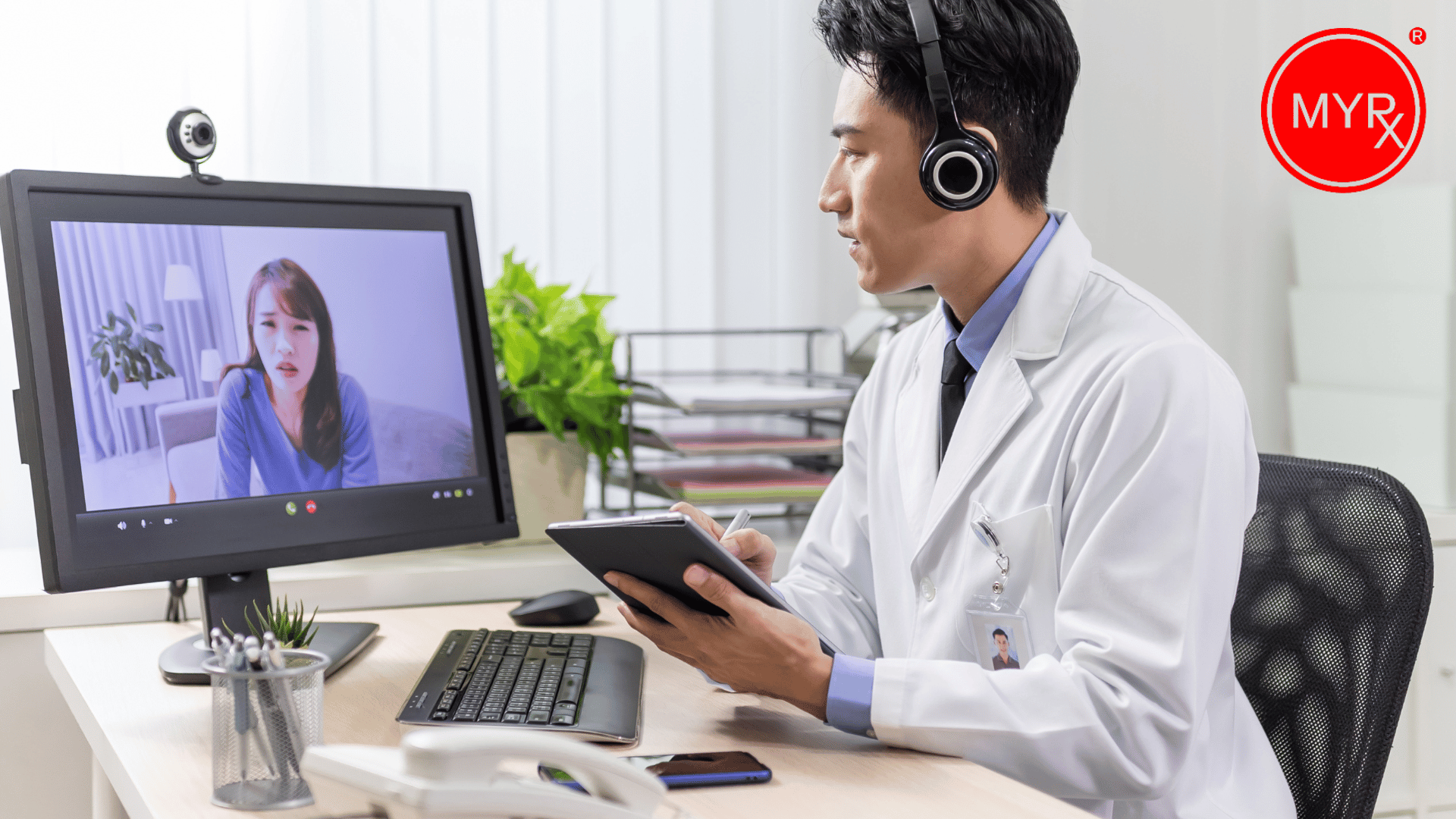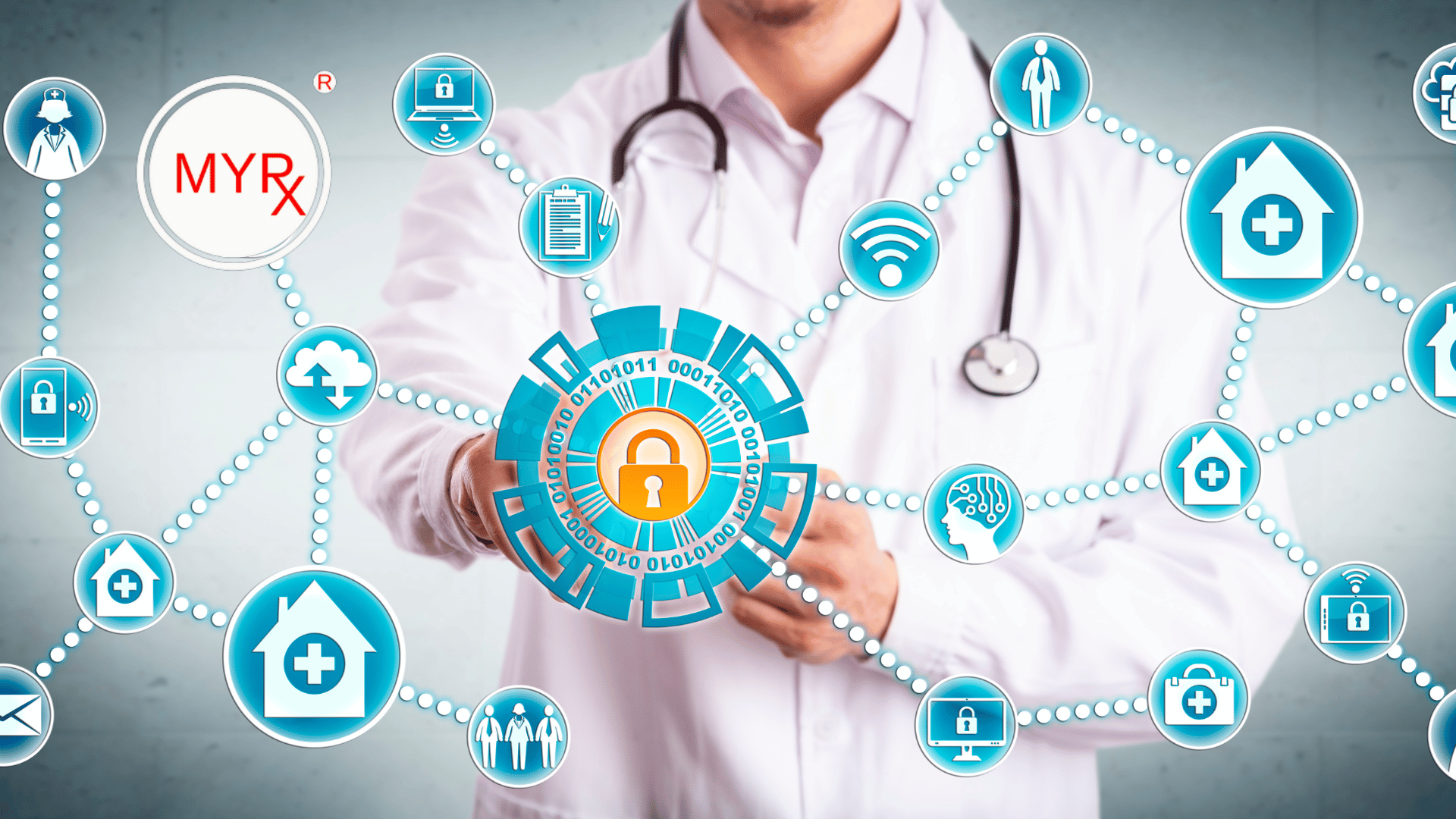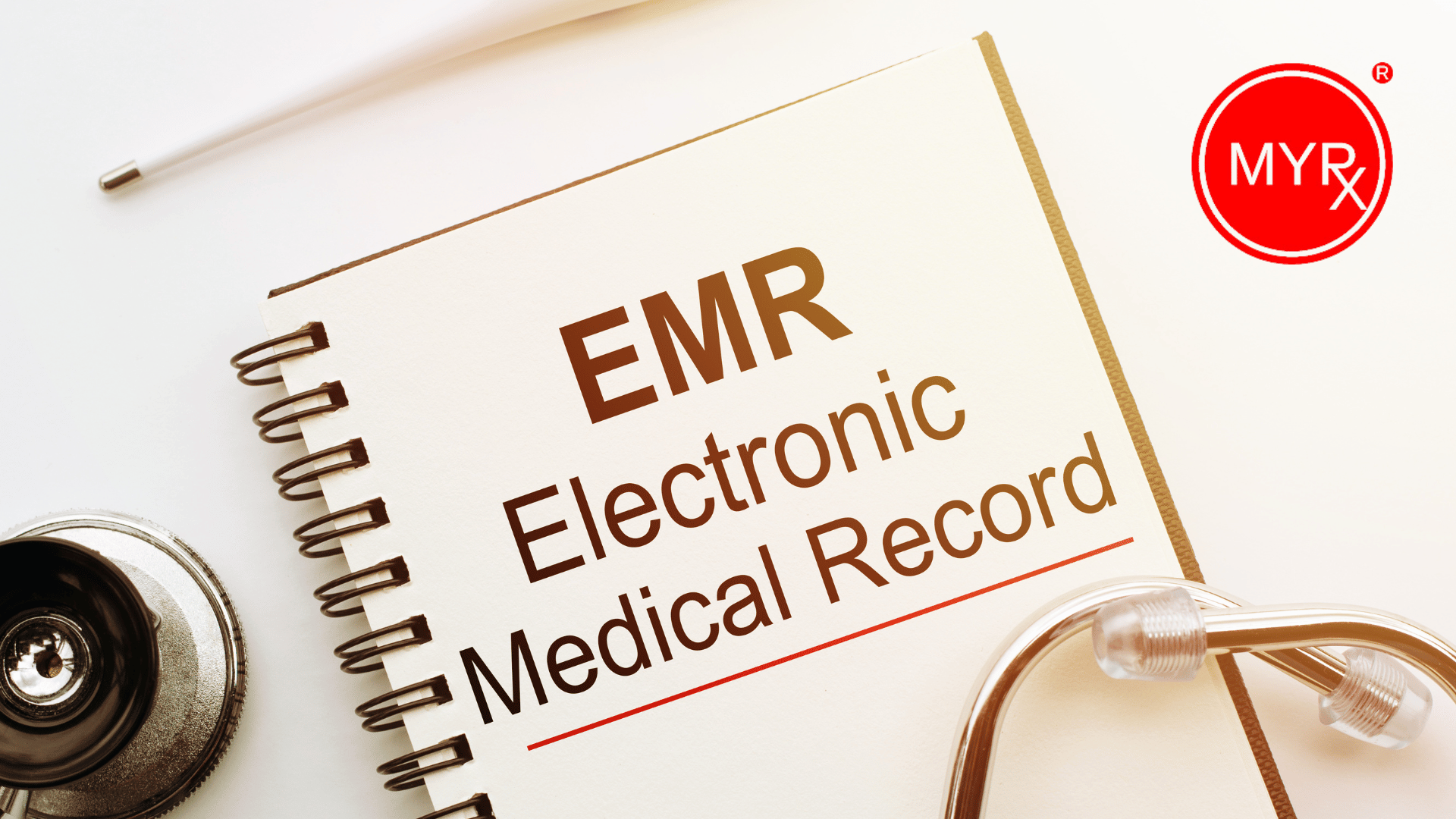
Learn how augmented reality (AR) and virtual reality (VR) technology are revolutionising the healthcare industry. Examine how they can be used to improve patient care, medical education, surgery, telemedicine, rehabilitation, health literacy, aid in medical research, and the visualisation of complicated medical data.

Investigate the effects of realistic surgical simulations, immersive learning environments, haptic feedback, remote training, surgical planning, assessment tools, and patient outcomes. Utilise VR and AR to get ready for the future of surgical practises.

Explore its applications in secure health data exchange, interoperability, patient-controlled data sharing, clinical trials and research, supply chain management, streamlined billing, and cybersecurity.

Discover the benefits of decentralized and immutable health data, patient-controlled data sharing, streamlined healthcare processes, advancements in medical research and clinical trials, supply chain management, regulatory compliance, and the potential impact on patient care and industry collaboration. Learn about the transformative potential of blockchain in shaping the future of healthcare.

Learn about the benefits of remote consultations, data integration, and analytics. Consider security and privacy considerations for IoT in healthcare. Experience the transformative potential of IoT in delivering patient-centered care and improving healthcare outcomes.

Explore the role of telemedicine in enhancing healthcare resilience and learn about lessons learned for future advancements in disaster preparedness.

Explore the benefits of convenient access, improved patient engagement, continuity of care, personalized treatment, efficiency, cost savings, and enhanced healthcare accessibility.

Learn about robust authentication, access controls, data encryption, security risk assessments, audit trails, activity monitoring, data security training, and compliance with data privacy regulations.

Learn how EHR systems promote accurate prescribing, reduce adverse reactions, provide evidence-based guidance, and improve communication among healthcare providers.

Discover how electronic medical record (EMR) systems revolutionize medical record-keeping for physicians, enhancing patient care through comprehensive patient information, real-time data availability, streamlined workflows, improved communication, decision support tools, and data analytics.
